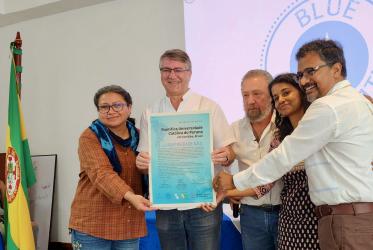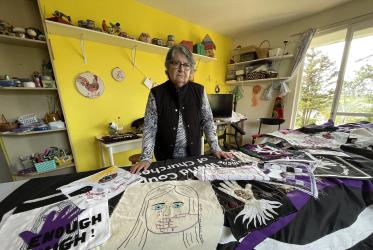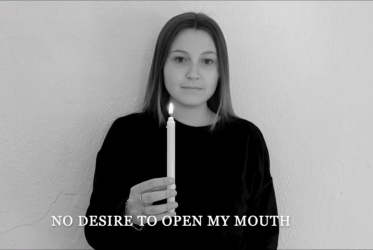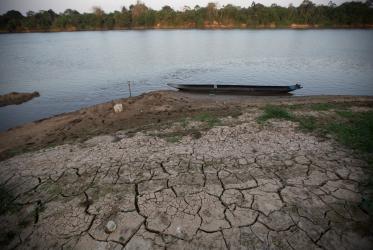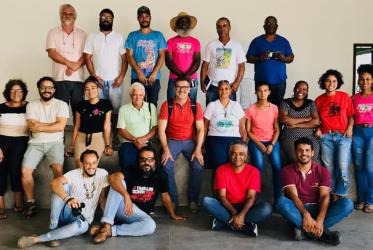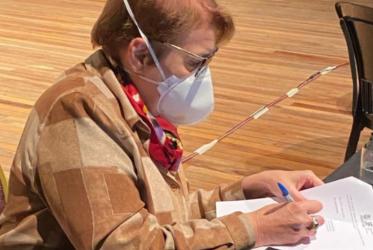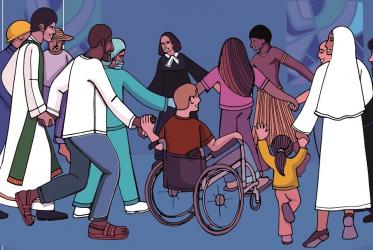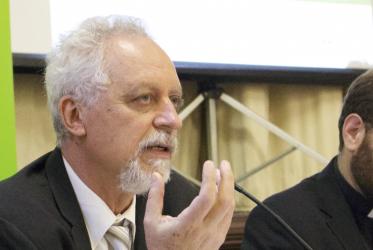Displaying 1 - 20 of 69
Women in Argentina walk in solidarity with women of Afghanistan
23 September 2021
Brazilian ecumenical water network launched
29 July 2021
Pulling together for a living River Pardo
02 July 2021
Brazilian churches call for transformative racial justice
23 November 2020
